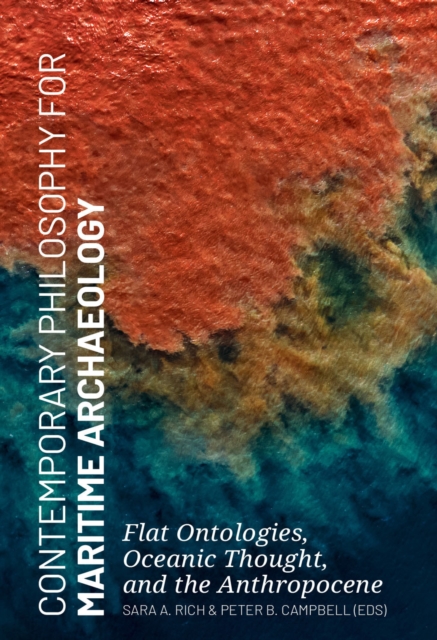Contemporary Philosophy for Maritime Archaeology: Flat Ontologies, Oceanic Thought, and the Anthropocene

Contemporary Philosophy for Maritime Archaeology: Flat Ontologies, Oceanic Thought, and the Anthropocene
The contributions then branch out, like tentacles or corals, reaching into the lessons of oil spills, cephalopod hideouts, shipwreck literature, ruined monuments, and beached plastics. The volume concludes with a series of critical responses to these papers, which pushes the dialogue into new areas of inquiry. Taken as a whole, the volume emphasizes that the study of the past is more relevant than ever because serious consideration of our watery world and all its inhabitants is increasingly necessary for our collective survival. This volume takes the first steps toward this reckoning and, as such, it promises to be an important new contribution to lecture and conference halls around the world where oceans and the Anthropocene are under study.
PRP: 540.00 Lei
Acesta este Prețul Recomandat de Producător. Prețul de vânzare al produsului este afișat mai jos.
486.00Lei
486.00Lei
540.00 LeiLivrare in 2-4 saptamani
Descrierea produsului
The contributions then branch out, like tentacles or corals, reaching into the lessons of oil spills, cephalopod hideouts, shipwreck literature, ruined monuments, and beached plastics. The volume concludes with a series of critical responses to these papers, which pushes the dialogue into new areas of inquiry. Taken as a whole, the volume emphasizes that the study of the past is more relevant than ever because serious consideration of our watery world and all its inhabitants is increasingly necessary for our collective survival. This volume takes the first steps toward this reckoning and, as such, it promises to be an important new contribution to lecture and conference halls around the world where oceans and the Anthropocene are under study.
Detaliile produsului










